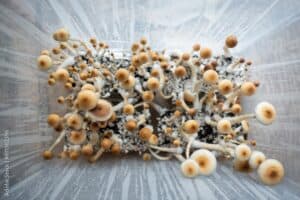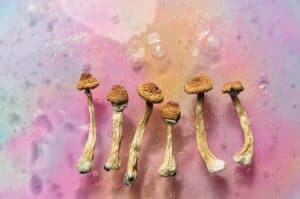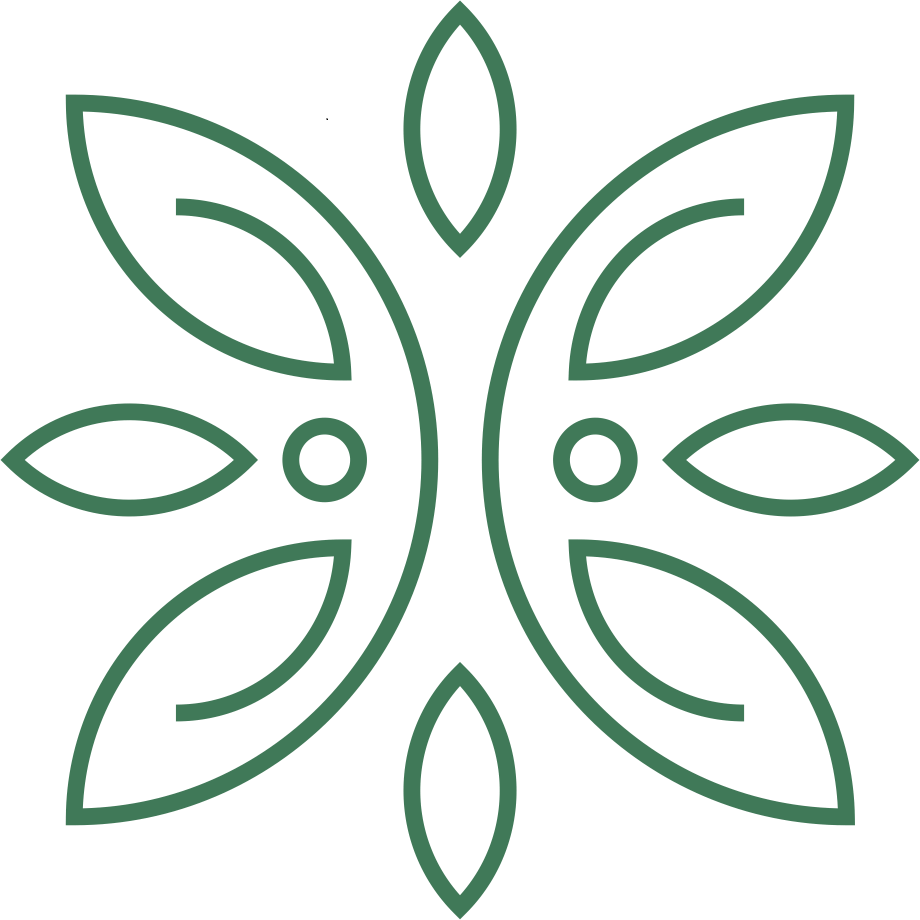
Integrating Psychedelics Into Social Anxiety Disorder
17 December 2024
Table of Contents
Social anxiety affects millions of people worldwide. Social anxiety can make everyday interactions feel overwhelming. Traditional therapies often focus on managing symptoms with medications, talk therapy or Cognitive Behavioral Therapy (CBT), but some people are exploring plant medicine to address deeper emotional issues.
Many individuals have been seeking psychedelic experiences to heal themselves or work through mental health issues. Could plant medicine also be helpful in social anxiety therapy? Let’s explore its benefits, how it integrates with other treatments, and what it means for people struggling with social anxiety.
Understanding Social Anxiety and Its Challenges
Social anxiety disorder is more than shyness or overwhelm in social situations—it’s a persistent fear of being judged, rejected, or embarrassed in social situations. This condition can significantly affect relationships, career opportunities, and overall well-being.
Traditional social anxiety treatments include:
- Cognitive-Behavioral Therapy (CBT): Helps identify and change negative thought patterns.
- Medications: Antidepressants like SSRIs are commonly prescribed to reduce symptoms.
- Exposure Therapy: Gradual exposure to feared situations to reduce anxiety over time. This can be particularly difficult as our brain holds on to prior beliefs or clings to previous experiences.
While effective for many, these approaches don’t work for everyone. This is where plant medicine comes into the picture, offering a deeper solution to emotional healing.

What are Plant Medicines and How Do They Work?
Plant medicine refers to natural psychedelic substances derived from plants, such as ayahuasca, psilocybin, or San Pedro. These substances have been used for centuries by indigenous cultures to heal emotional and spiritual wounds.
How Psychedelics Affect the Brain
Plant medicine works on neurochemical levels, and targets serotonin or 5HT2A receptors. This interaction can create a state of heightened awareness, allowing people to process suppressed emotions and reframe negative beliefs—a key aspect of effective social anxiety therapy.
Traditional Use Meets Modern Science
Many clinical trials have researched the use of psychedelic drugs for a large range of illnesses such as generalized anxiety disorder, treatment-resistant depression, obsessive-compulsive disorder, and eating disorders. This research increasingly supports the use of plant medicine in addressing mental health challenges. For example, research on the effects of psilocybin on anxiety disorders conclude with reductions in anxiety. It can also foster emotional openness which is of course an important aspect in social connectedness and building relationships.
Though psilocybin treatment is being investigated as an alternative treatment for anxiety and depression as well as other mental disorders, this is still just the beginning.
Benefits of Integrating Psychedelics into Social Anxiety Therapy
Deeper Emotional Healing
Unlike traditional medications that primarily suppress symptoms, psychedelic treatment often helps individuals explore and resolve the root causes of their anxiety or depression.
Enhanced Self-Awareness
Many users report gaining insights into their fears and behaviors, which can complement structured social anxiety treatment approaches like CBT. This can be helpful to unlocking those more difficult aspects of social anxiety.
Connection and Community
Participating in ceremonies or retreats fosters a sense of belonging and support. For instance, an ayahuasca retreat provides a safe environment to explore these experiences.

Best Approaches for Integrating Plant Medicine
Preparation is Key
Successful experiences with plant medicine begin with mental and emotional preparation. Programs like psychedelic integration help participants set intentions and prepare for their journeys.
Guidance from Trained Professionals
Using psychedelics for therapeutic purposes should always be done under the supervision of trained facilitators. This ensures a safe environment for exploration. Of course it is also important to ensure that where you choose to try a substance that it is legal in that area.
Combining with Traditional Therapies
The best therapy for social anxiety often includes a mix of methods. Integrating plant medicine with CBT or mindfulness techniques can create a balanced approach.

Addressing Misconceptions about Plant Medicine
Some people worry about safety or legality. While it’s true that plant medicine requires careful handling, when used responsibly in therapeutic settings, the risks are minimal. Many countries are beginning to explore regulatory frameworks to make these therapies more accessible.
Could Psychedelics be the Best Therapy for Social Anxiety?
The answer depends on individual needs. For some, traditional therapy provides sufficient relief. For others, plant medicine offers a deeper, transformative experience that’s unmatched by conventional methods.

What to Expect from a Plant Medicine Experience
A Journey of Self-Discovery
Sessions often involve deep introspection, allowing people to confront fears and limiting beliefs in a supportive environment.
Integration is Essential
After the experience, integration programs help individuals process their insights and incorporate them into daily life.
Finding the Right Support
If you’re considering plant medicine as part of your social anxiety therapy, finding the right program is critical. Reputable providers and guidance, such as an ayahuasca retreat, can ensure a safe and effective experience.
Integration is Essential
After the experience, integration programs help individuals process their insights and incorporate them into daily life.

Final Thoughts
Plant medicine represents a promising new avenue in the treatment of social anxiety. While traditional therapies remain valuable, plant medicine offers a unique opportunity for deep emotional healing and self-awareness. By combining these approaches, individuals can find a path to meaningful and lasting relief.
Remember, the journey toward healing is personal, and there’s no one-size-fits-all solution. Whether you choose traditional therapy, plant medicine, or both, the important thing is to keep moving forward.
References
Khan, A. J., Bradley, E., O’Donovan, A., & Woolley, J. (2022). Psilocybin for Trauma-Related Disorders. Current topics in behavioral neurosciences, 56, 319–332. https://doi.org/10.1007/7854_2022_366
Lowe, H., Toyang, N., Steele, B., Grant, J., Ali, A., Gordon, L., & Ngwa, W. (2022). Psychedelics: Alternative and Potential Therapeutic Options for Treating Mood and Anxiety Disorders. Molecules (Basel, Switzerland), 27(8), 2520. https://doi.org/10.3390/molecules27082520
Lowe, H., Toyang, N., Steele, B., Valentine, H., Grant, J., Ali, A., Ngwa, W., & Gordon, L. (2021). The Therapeutic Potential of Psilocybin. Molecules (Basel, Switzerland), 26(10), 2948. https://doi.org/10.3390/molecules26102948
Muttoni, S., Ardissino, M., & John, C. (2019). Classical psychedelics for the treatment of depression and anxiety: A systematic review. Journal of affective disorders, 258, 11–24. https://doi.org/10.1016/j.jad.2019.07.076
Reiff, C. M., Richman, E. E., Nemeroff, C. B., Carpenter, L. L., Widge, A. S., Rodriguez, C. I., Kalin, N. H., McDonald, W. M., & the Work Group on Biomarkers and Novel Treatments, a Division of the American Psychiatric Association Council of Research (2020). Psychedelics and Psychedelic-Assisted Psychotherapy. The American journal of psychiatry, 177(5), 391–410. https://doi.org/10.1176/appi.ajp.2019.19010035


